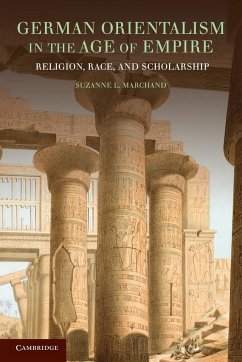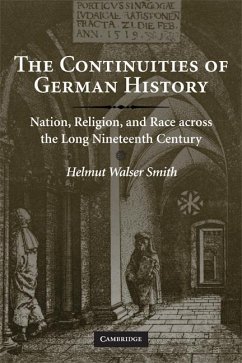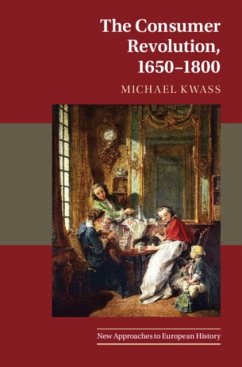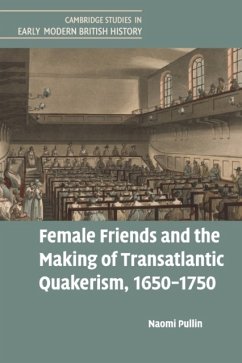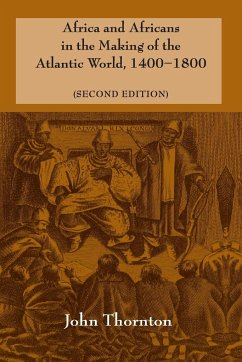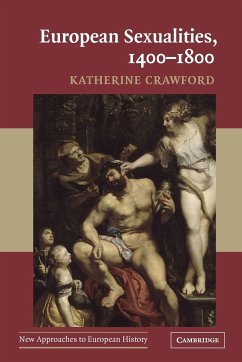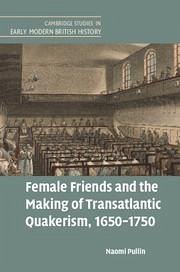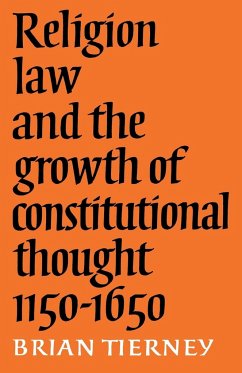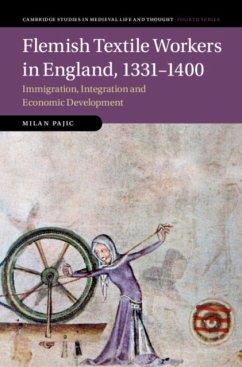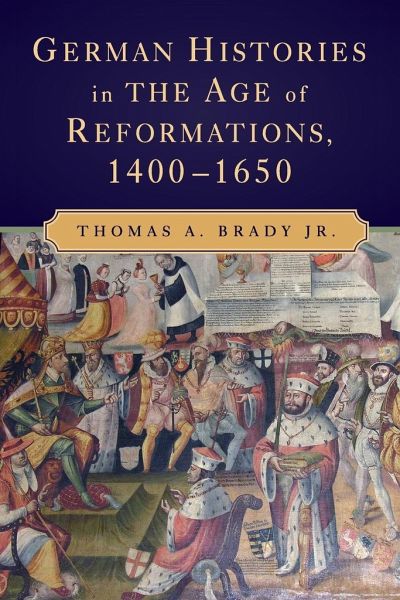
Thomas A. Brady Jr. (Berkeley University of California)
Broschiertes Buch
German Histories in the Age of Reformations, 1400-1650
Versandkostenfrei!
Versandfertig in 1-2 Wochen

PAYBACK Punkte
21 °P sammeln!





This book studies the connections between the political reform of the Holy Roman Empire and the German lands around 1500 and the sixteenth-century religious reformations.
Thomas A. Brady, Jr studied at the universities of Notre Dame, Columbia, and Chicago. He taught for 23 years at the University of Oregon and 18 years at the University of California, Berkeley, where he held the Peder Sather Chair of History, and as a guest at the University of Arizona and the National University of Ireland at Galway. A specialist in central European history from 1400 to 1800, his principal writings include Ruling Class, Regime, and Reformation at Strasbourg 1520-1555; Turning Swiss: Cities and Empire 1450-1550; Protestant Politics: Jacob Sturm (1489-1555) and The German Reformation; The Politics of the German Reformation; and Communities, Politics, and Reformations in Early Modern Europe. In addition to his PhD from the University of Chicago, Professor Brady holds the PhD honoris causa from the University of Bern, Switzerland. He has held Guggenheim, Fulbright, and Humboldt fellowships and appointments in the Historisches Kolleg at Munich and in the National Humanities Center.
Produktdetails
- Verlag: Cambridge University Press
- Seitenzahl: 496
- Erscheinungstermin: 4. Februar 2015
- Englisch
- Abmessung: 229mm x 152mm x 30mm
- Gewicht: 700g
- ISBN-13: 9780521717786
- ISBN-10: 0521717787
- Artikelnr.: 26033718
Herstellerkennzeichnung
Libri GmbH
Europaallee 1
36244 Bad Hersfeld
gpsr@libri.de
'This extraordinary book provides the reader with the best account of late medieval and early modern German history available in any language ... This is a post-confessional history in which religion retains its centrality but not its polemical edge, a modern history that has been released from the shackles of modernization, and a history in which ordinary villagers and townsmen take their places in a story that was most often dictated by princes and nobles. And it is a story with a powerful narrative arc. What an achievement.' H. C. Erik Midelfort, University of Virginia
Für dieses Produkt wurde noch keine Bewertung abgegeben. Wir würden uns sehr freuen, wenn du die erste Bewertung schreibst!
Eine Bewertung schreiben
Eine Bewertung schreiben
Andere Kunden interessierten sich für




